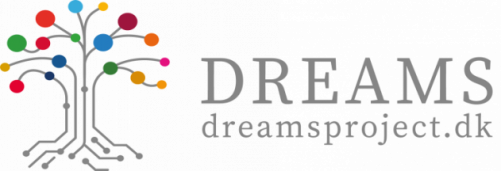
Background
The background of the project is that environmental assessment (EA) is applied at the early planning and design stages of a proposed activity so that authorities, the public and other stakeholders can form a view about how acceptable the activity’s sustainability performance is, and what conditions need to be applied to mitigate potential negative impact andsupport sustainability. EA is legally required and recognised as a critical part of authorities’ development approval process and of public and private developers’ design of strategies and projects (European Commission, 2018). However, current EA practice has a series of shortcomings that the project will address:
- SDGs are not very well addressed in EAs and there is a lack of framework for a thorough and systematic integration
- Climate change initiatives are not strongly considered in terms of other sustainability objectives, and there is a risk of negative trade‐offs and sub-optimisation.
- EA processes are characterised by manually collecting and compiling existing data for EA reports, which iscostly and time consuming
- The highly manual processes in the preparation of EAs leads to a variation in quality of the decision support that depends on the professional’s experience and knowledge
- Current practice of EA in Denmark presents assessments as pdf files of typically 100‐300 pages in Denmark and much longer in other countries. Studies have indicated that decision‐makers and the public do not find the time to read the reports, and the use in decision‐making is in practice limited
DKK 27 mio
PROJECT BUDGET
Total of 15
PARTNERS
Oct 2020
PROJECT START
36 months
PROJECT DURATION
